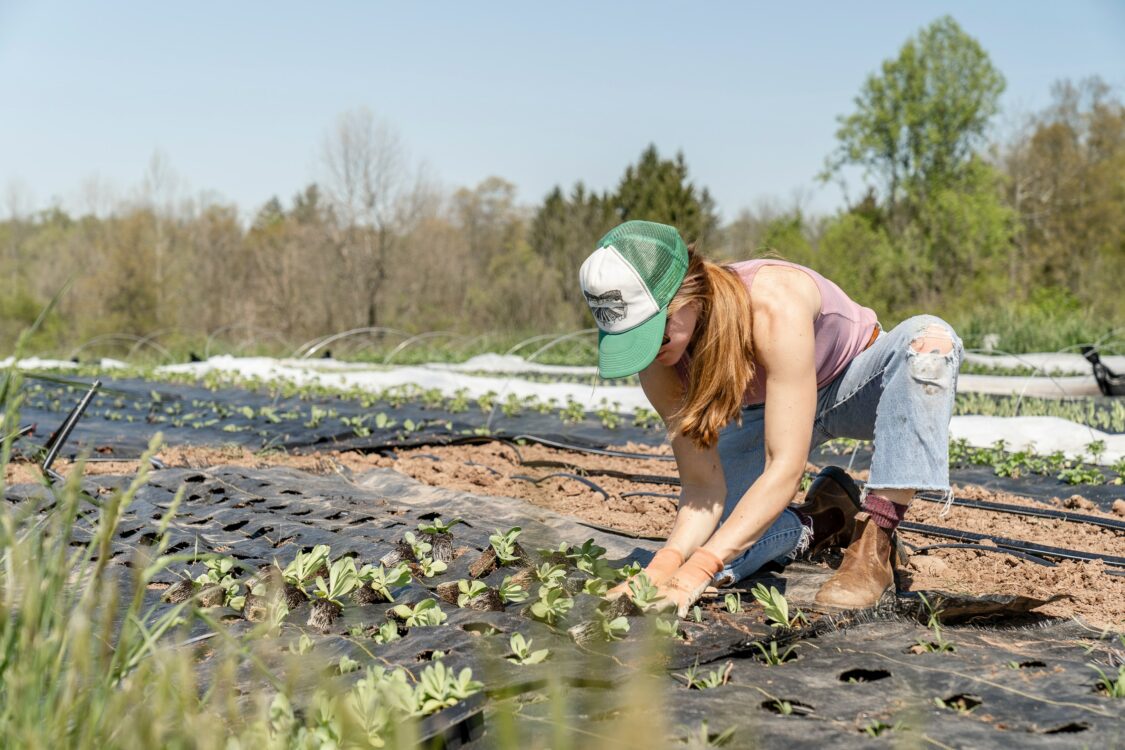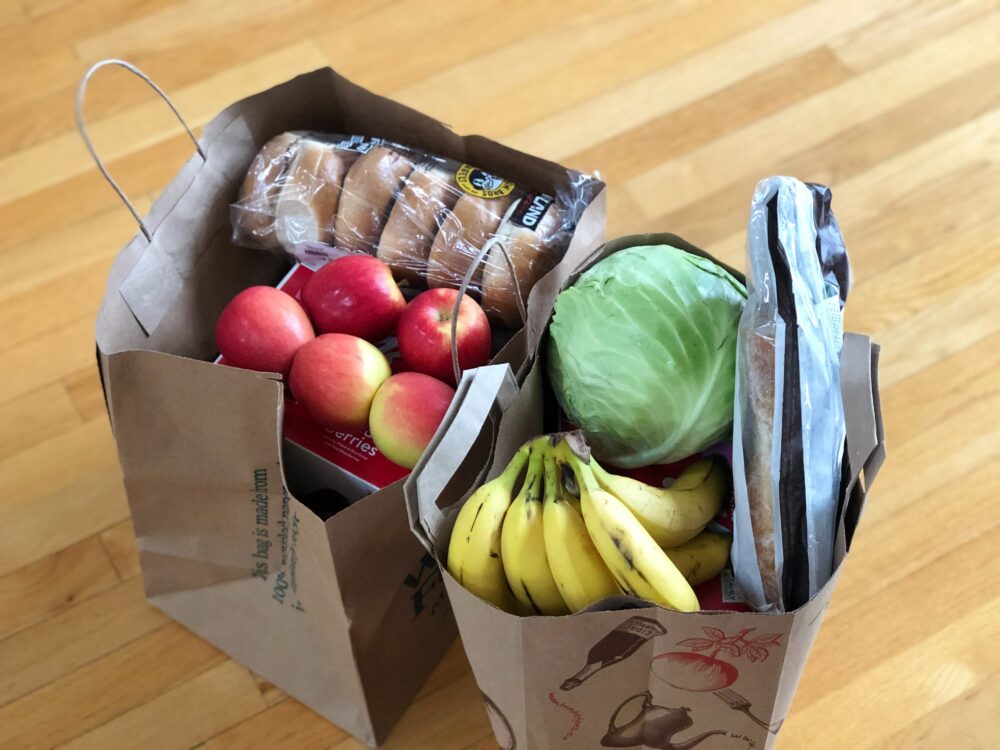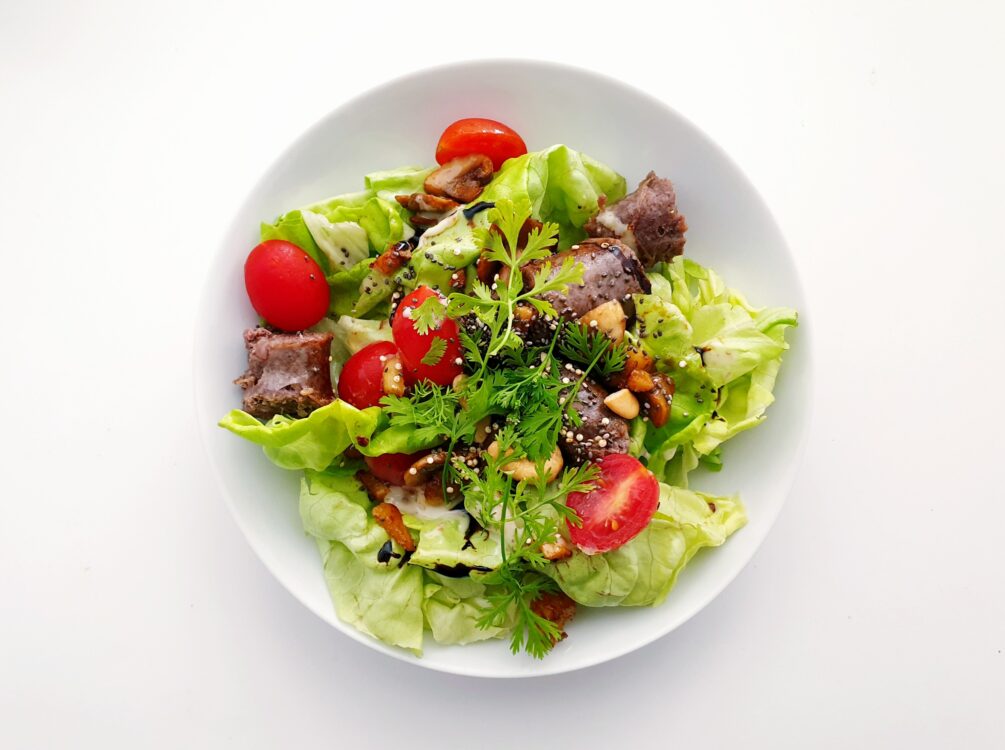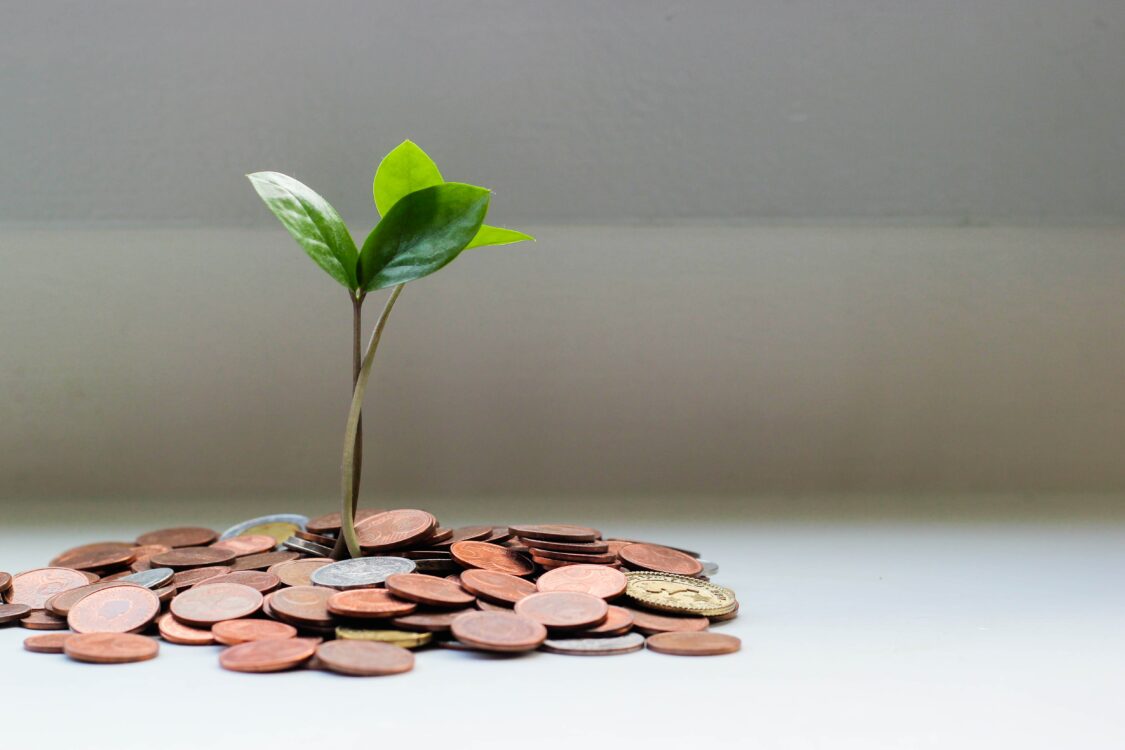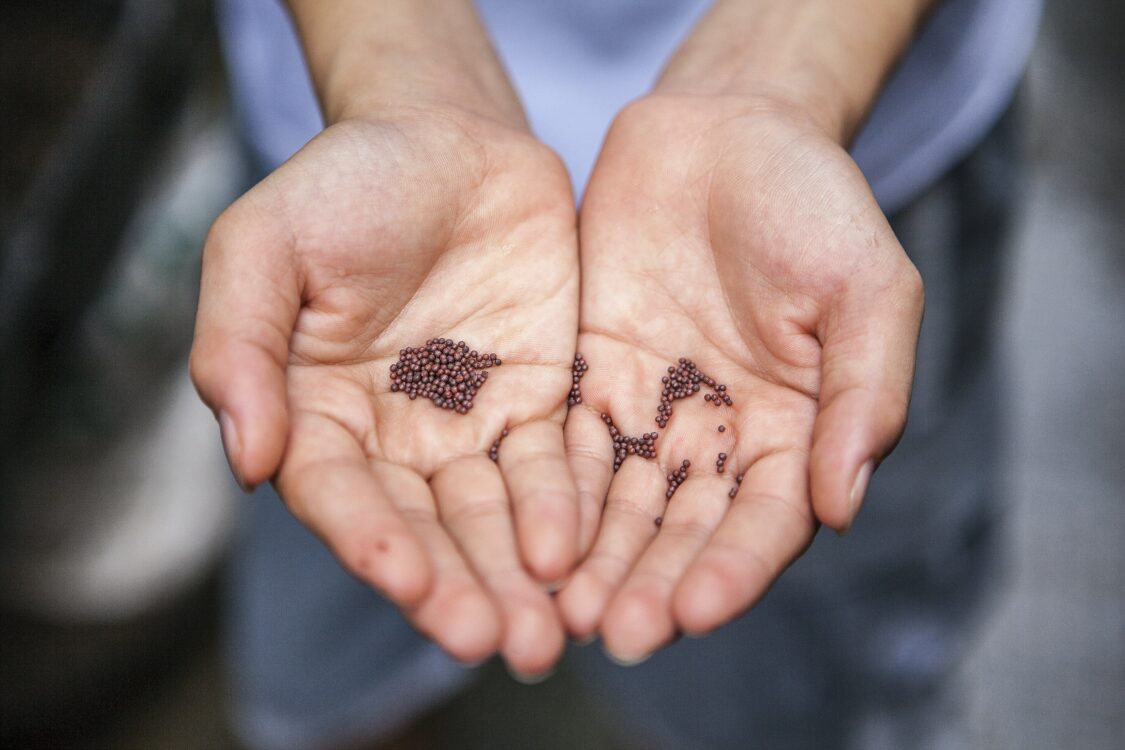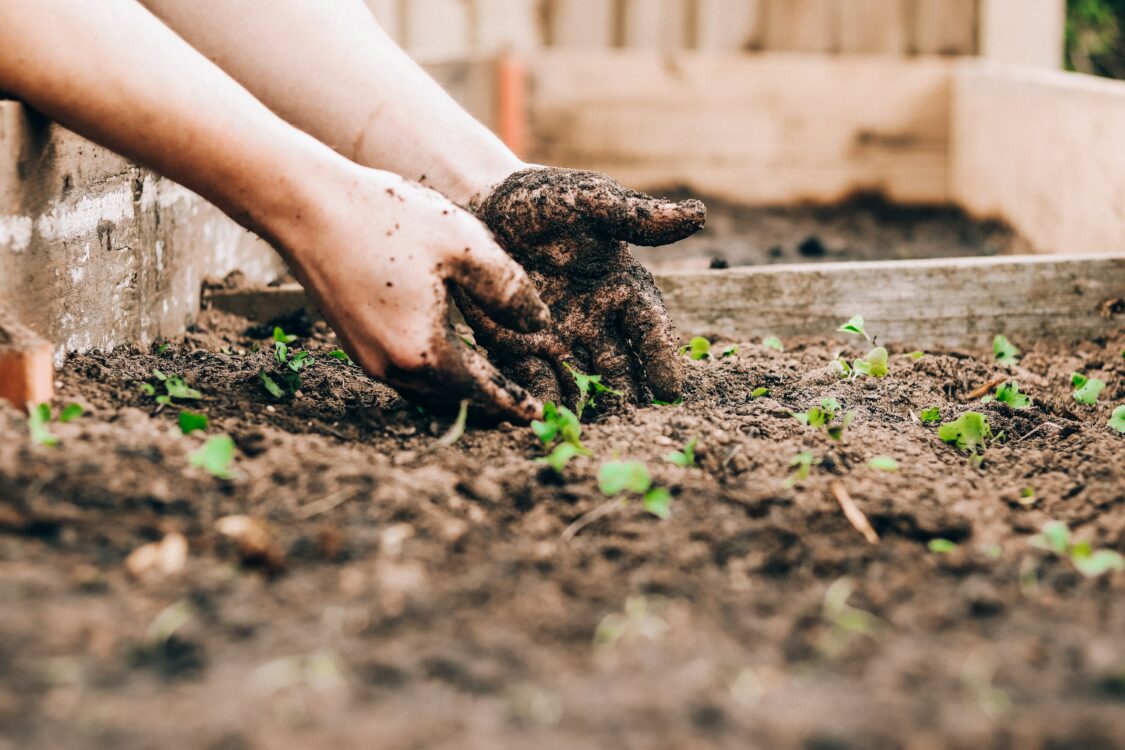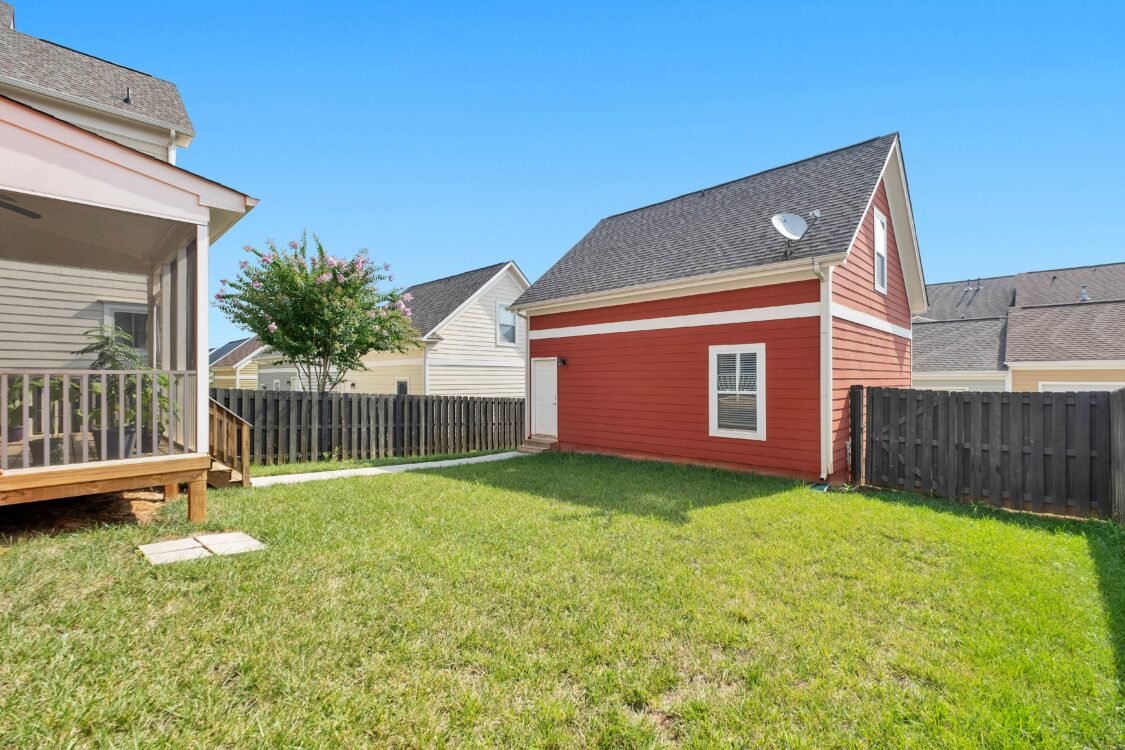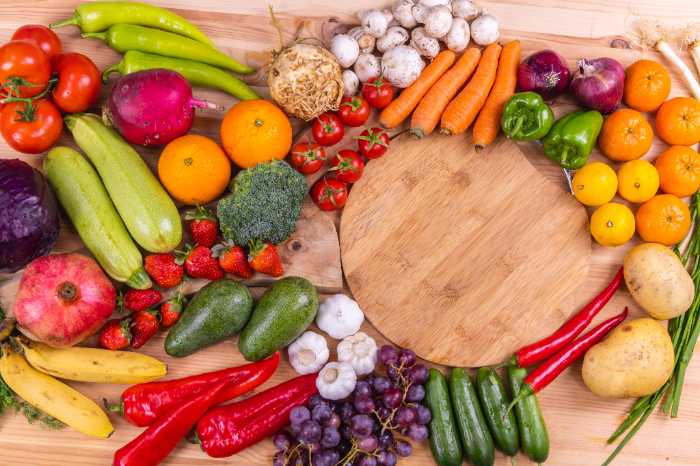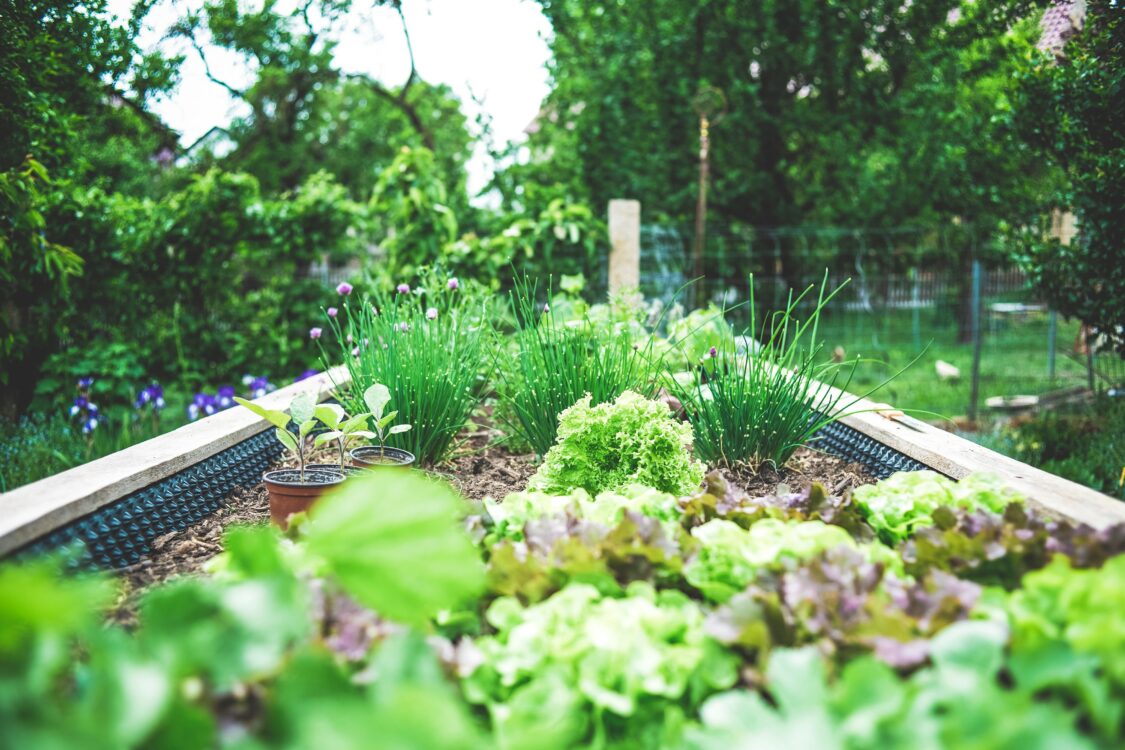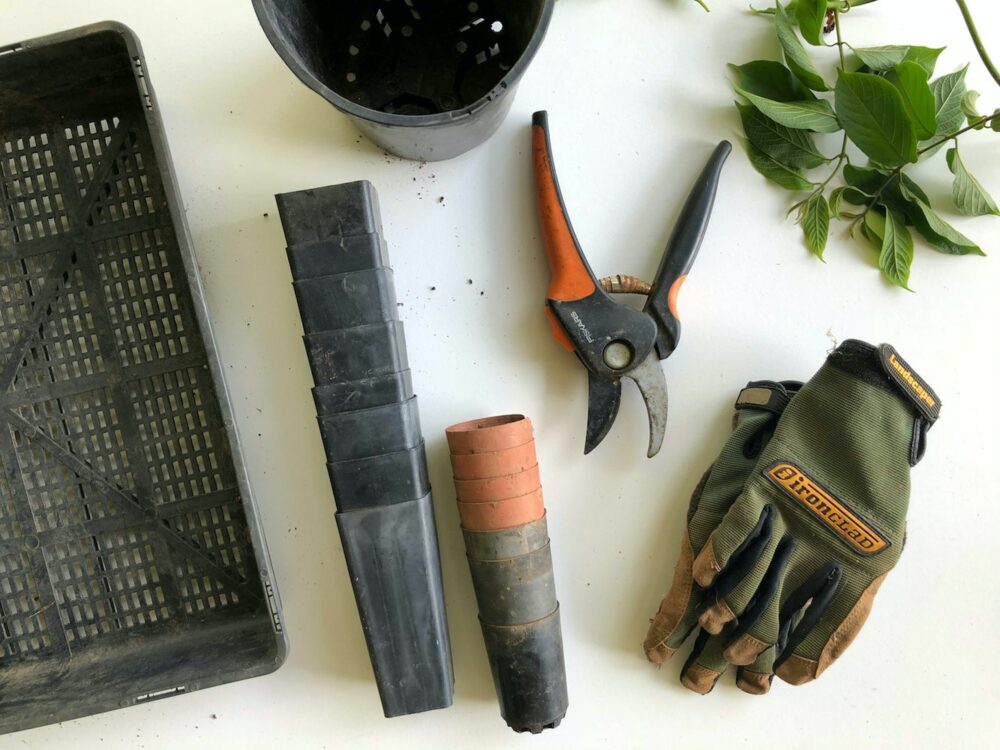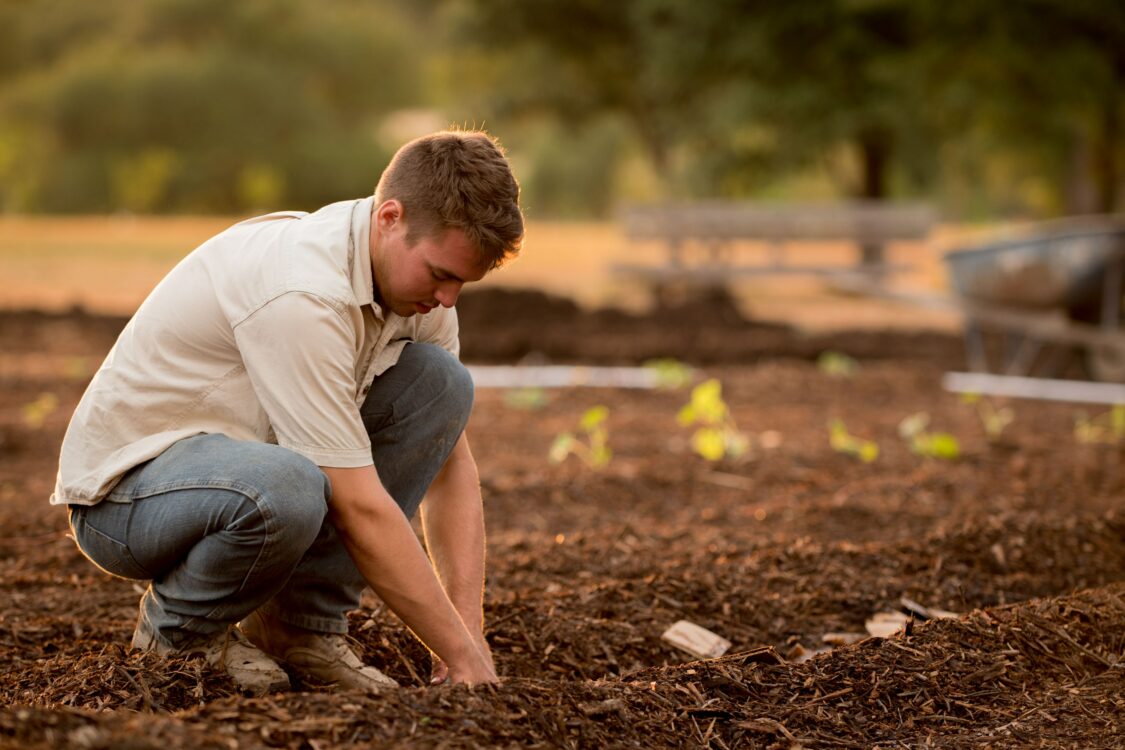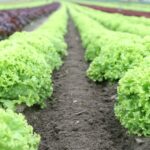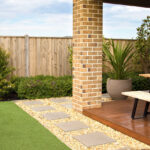Why You Should Start a Veggie Garden in Retirement
Do you want to stay healthy and active while making some extra money in retirement?
One of the best ways to do this is by starting a vegetable garden.
A vegetable garden is a great way to get exercise, fresh air, and delicious produce.
In this blog post, we will discuss the many benefits of vegetable gardening in retirement. We will also provide tips on how to get started!
Let’s dive in!
Why You Should Start a Vegetable Garden in Retirement
If you are thinking about starting a vegetable garden in retirement, here are a few reasons why you should do it:
1) You’ll Get Plenty of Exercise
Vegetable gardening requires you to bend, stoop, and reach. This can help improve your flexibility and range of motion.
In addition, vegetable gardening is a great way to get some cardiovascular exercise.
You will be surprised at how quickly your heart rate will increase as you actively weed, water, and harvest your crops!
2) You Can Save Money on Groceries
If you grow your own vegetables, you can save a lot of money on your grocery bill.
Fresh produce can be expensive, but if you grow it yourself, it will be much cheaper.
You can also save money by canning or freezing your own vegetables for later use, this way you can enjoy fresh produce all year long.
3) You’ll Eat Healthier
When you grow your own vegetables, you know exactly what is going into them.
You can avoid using pesticides and other harmful chemicals.
In addition, you will be able to eat ripe, fresh produce and get the most nutrients from your vegetables.
4) Make Extra Money Selling Your Vegetables
If you have a bountiful vegetable garden, you may be able to make some extra money by selling your surplus produce.
Many gardeners sell their vegetables at a farmer’s market or roadside stand to make a few extra bucks.
You could even start your own vegetable delivery business down the line.
5) Make Money Selling Seeds
As vegetable gardener, you’ll be able to save seeds from your harvest and you can make money by selling these seeds to other gardeners.
This is a great way to earn some extra income and meet other gardeners in your community.
6) It Is a Great Source of Stress Relief
Vegetable gardening can be a great way to relieve stress.
The process of planting, watering, and harvesting your vegetables can be very calming.
Not to mention that vegetable gardening can give you a sense of accomplishment.
If you are looking for a way to reduce stress in retirement, vegetable gardening is something to consider.
7) It Makes For a Great Outdoor Activity
Spending time outdoors has been shown to have many health benefits. It can improve your mood, increase your vitamin D levels, and reduce stress.
Vegetable gardening is the perfect way to enjoy some time outdoors in an active and effective way.
Not only will you get fresh air and sunshine, but you will also get to reap the benefits of your hard work when you harvest your vegetables.
How to Start a Vegetable Garden in Retirement
Now that we have discussed the many benefits of vegetable gardening in retirement, let’s talk about how to get started in a few simple steps:
1) Assess Your Space
Before getting started, you need to plan your vegetable garden. Start by assessing your space and taking note of the amount of sun and shade it receives.
You also need to make sure that the garden space you’re considering has rich soil and not sandy soil.
Planting with sandy soil can be challenging, so you may need to amend it with organic matter.
Rich soil is dense and has a good amount of organic matter and soil microbes which are both great for a healthy garden.
You will also need to make sure you have enough space to grow the vegetables you want.
Vegetable gardens do not need to be large, but you need to have enough room to accommodate your plants – using a garden bed is a great way to manage space in your garden.
Backyard vegetable gardens are growing in popularity because they provide plenty of space for gardening, but you can also grow vegetables in containers on a patio or balcony.
If you live in an apartment or condo, you can even grow vegetables indoors in a flower pot.
Once you have assessed your space, you need to choose the vegetables that you’d plant in your vegetable garden.
2) Choose the vegetables you would like to grow
There are many different types of vegetables to choose from, so find the ones that appeal to you the most.
Most vegetables are easy to plant once you have the right tools and guides to follow.
However, if you are new to vegetable gardening, it is best to start with a few easy-to-grow vegetables.
Some popular options include tomatoes, peppers, cucumbers, and lettuce.
Cool season crops – crops that perform well in cool weather – are a great selection for the fall and winter. Some cool season crops are kale, cabbage, and broccoli.
Companion plants are also a great selection for a new garden. These are plants that grow well together.
For example, carrots grow well with tomatoes, onions, and peas.
If you have more experience, you may want to try growing a wider variety of vegetables.
Once you have chosen the vegetables you would like to grow, it is time to choose a good layout for your vegetable garden.
3) Choose a great vegetable garden layout
When planning your vegetable garden, it is important to choose a layout that will work well for the space you have available and the vegetables you are planting.
There are many different vegetable garden layouts to choose from.
Some of the most popular vegetable garden layouts include the square foot garden, the raised bed garden, and the traditional row garden.
If you’re not sure what layout to use, you can find a lot of creative vegetable garden ideas on Pinterest.
Once you have chosen a vegetable garden layout, it is time to get your planting supplies!
4) Purchase the necessary supplies
After deciding what vegetables you want to grow, you can purchase the seeds or seedlings, as well as any other supplies you may need – like garden soil, fertilizer, gardening tools, etc.
Our veggie garden starter pack is a great option for those who are new to vegetable gardening.
It includes everything you need to get started, including vegetable seeds, soil, fertilizer, and planting equipment.
Oftentimes, you can find vegetable gardening supplies at your local hardware store or garden center.
If you’re not sure where to start, you can contact us and we’ll be glad to help you.
Now that you have all the supplies you need, it’s time to get started on your vegetable garden!
5) Start planting your vegetable garden
Once you have all of your supplies, you can start planting your vegetable garden.
Here are some tips to help you get the best results:
Tips on Starting a Vegetable Garden in Retirement
To grow a healthy vegetable garden, here are a few tips to help you get started:
- Be sure to follow the instructions on each seed packet for the best results.
- If you’re planting seedlings, be careful not to damage the roots when transplanting them into your garden.
- Plant vegetables on raised beds for better results.
- Water your vegetable garden as needed, and be sure to add mulch to help retain moisture.
- Maintain your vegetable garden regularly. Weeds can compete with your vegetables for water and nutrients, so be sure to pull them regularly.
- Harvest your vegetables when they are ripe, and enjoy the fruits (or vegetables) of your labor!
- Practice crop rotation to avoid overworking the soil.
- Start small, and expand your garden as you become more comfortable with gardening.
With a little planning and effort, vegetable gardening can be a fun and rewarding experience.
Summary
Starting a vegetable garden in retirement can provide many benefits in retirement.
Here’s a recap on how to start a veggie garden:
- Assess your space
- Choose your vegetables
- Choose a good vegetable layout
- Purchase the necessary supplies
- Start planting your vegetable garden
With a little planning and effort, vegetable gardening can be a fun and rewarding experience.
If you need help getting started, contact us and we’ll be more than happy to help you.
Happy gardening!
——————————————————————————————-
Vegetable Gardening (FAQ) Frequently Asked Questions
Here are our answers to some vegetable gardening FAQs:
What vegetables grow well for beginners?
There are a few vegetables that grow well for beginners, such as tomatoes, lettuce, and peppers.
When should I plant my vegetable garden?
The best time to plant a vegetable garden is in early spring, after the last frost.
What do I need to start a vegetable garden?
To start a vegetable garden, you’ll need some seeds, soil, water, and sunlight. You’ll also need equipment like a trowel, rake, and hoe as well as a place to grow your plants, like a backyard or a balcony.
How much space do I need to start a vegetable garden?
The amount of space you need will depend on the number of vegetables you want to grow. For example, a tomato plant needs about two square feet (0.19 m²) of space.
How often should I water my vegetable garden?
Water your vegetable garden every day, or as needed to keep the soil moist.
How much time does vegetable gardening take?
The amount of time you spend vegetable gardening will depend on the size of your garden and how often you need to water and weed it. Taking care of a small veggie garden should take around 1 – 2 hours daily.
What are some common problems with vegetable gardens?
Common problems with vegetable gardens include fungal diseases, pests, diseases, and weeds.
——————————–
If you have more specific questions, we’ll be glad to answer them. Contact us today at (03) 9386 0491.

